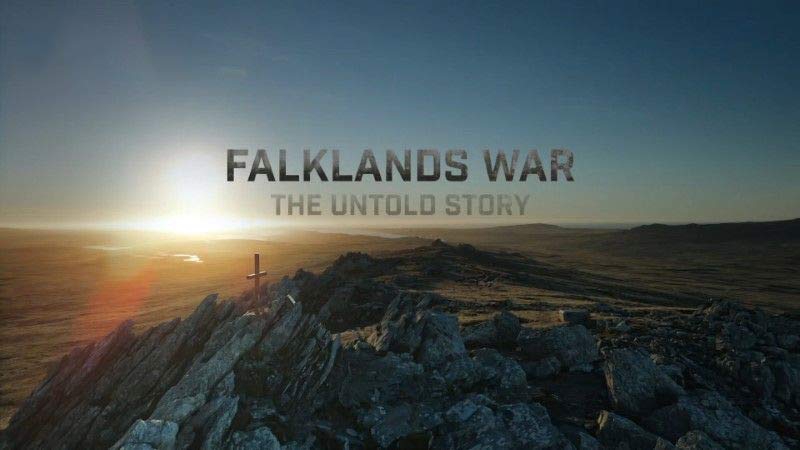Falklands War: Examines the Falklands conflict 40 years on. The head of the SAS in the Falklands, Sir Michael Rose, speaks publicly for the first time about the war, and how the British task force came close to defeat. Plus, ground troops and senior commanders, many for the first time, reveal how an unexpected change in the plan for the land campaign nearly cost Britain the war, and led to unnecessary loss of life at the iconic Battle of Goose Green, and in the sinking of the Sir Galahad.
The Falklands War was a ten-week undeclared war between Argentina and the United Kingdom in 1982 over two British dependent territories in the South Atlantic: the Falkland Islands and its territorial dependency, South Georgia and the South Sandwich Islands.
The conflict began on 2 April, when Argentina invaded and occupied the Falkland Islands, followed by the invasion of South Georgia the next day. On 5 April, the British government dispatched a naval task force to engage the Argentine Navy and Air Force before making an amphibious assault on the islands. The conflict lasted 74 days and ended with an Argentine surrender on 14 June, returning the islands to British control. In total, 649 Argentine military personnel, 255 British military personnel, and three Falkland Islanders died during the hostilities.
Falklands War
The conflict was a major episode in the protracted dispute over the territories’ sovereignty. Argentina asserted (and maintains) that the islands are Argentine territory, and the Argentine government thus characterised its military action as the reclamation of its own territory. The British government regarded the action as an invasion of a territory that had been a Crown colony since 1841. Falkland Islanders, who have inhabited the islands since the early 19th century, are predominantly descendants of British settlers, and strongly favour British sovereignty. Neither state officially declared war, although both governments declared the Islands a war zone.
The conflict has had a strong effect in both countries and has been the subject of various books, articles, films, and songs. Patriotic sentiment ran high in Argentina, but the unfavourable outcome prompted large protests against the ruling military government, hastening its downfall and the democratisation of the country. In the United Kingdom, the Conservative government, bolstered by the successful outcome, was re-elected with an increased majority the following year. The cultural and political effect of the conflict has been less in the UK than in Argentina, where it has remained a common topic for discussion.
Diplomatic relations between the United Kingdom and Argentina were restored in 1989 following a meeting in Madrid, at which the two governments issued a joint statement. No change in either country’s position regarding the sovereignty of the Falkland Islands was made explicit. In 1994, Argentina adopted a new Constitution, which declared the Falkland Islands as part of one of its provinces by law. However, the islands continue to operate as a self-governing British Overseas Territory.




